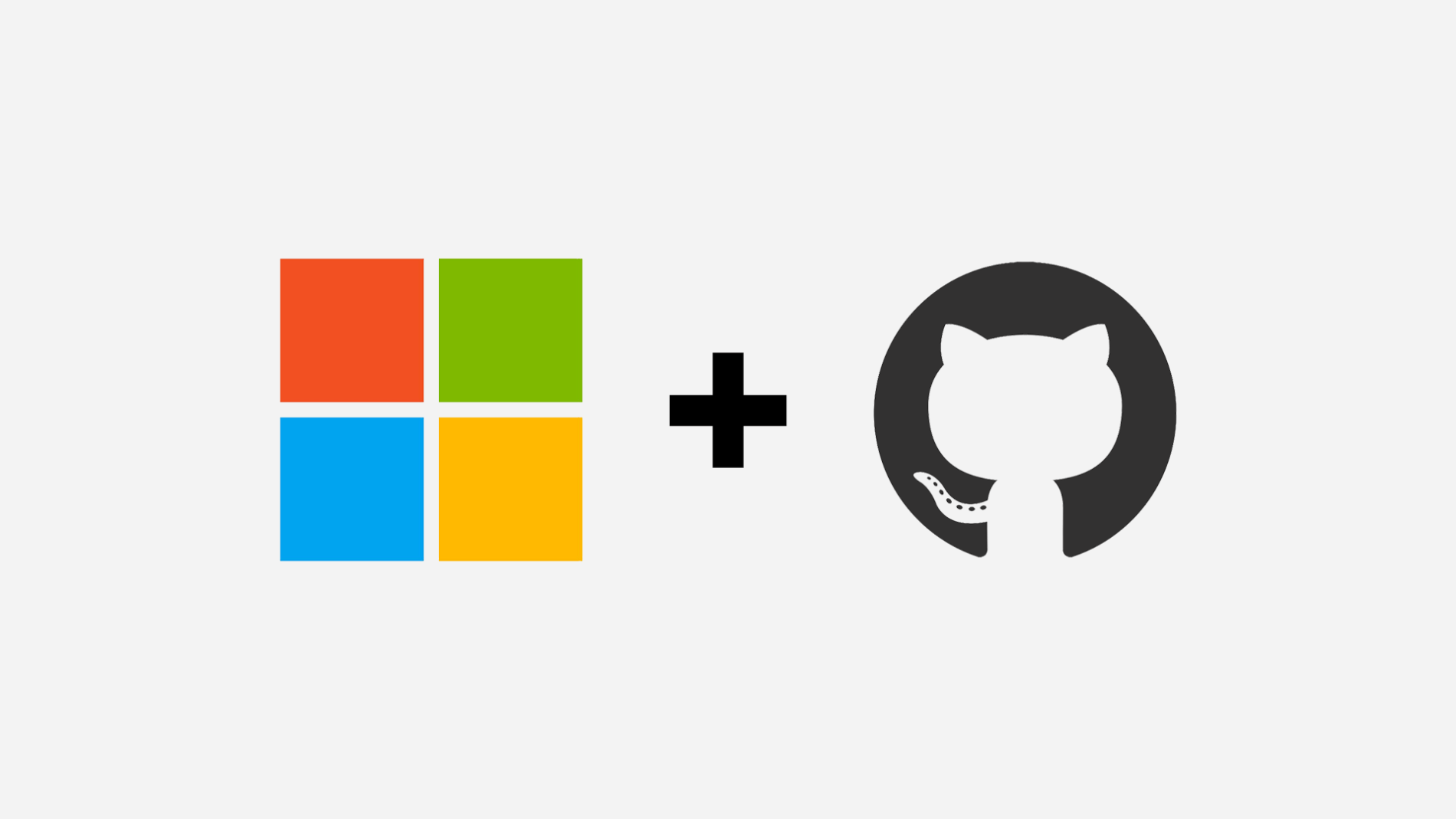On June 4th 2018 it was announced that Microsoft has acquired the code development platform GitHub for $7.5 billion (USD) in stock.
The acquisition has been met with a mixed reaction, as both intrigue and unease was voiced across the tech world around the implications of this monumental takeover. Feelings amongst developers have been wary, verging on dismayed. Small pockets of programmers have even attempted to disable GitHub as an act of defiance when the deal was announced.
What is Github and how does it work?
According to GitHub, their community of developers is 28 million strong, contributing to 85 million code repositories. This makes GitHub the largest ever hosting platform of source code worldwide. GitHub is integral to how developers build software and how we experience the digital world.
To understand what GitHub is, you need to know what Git is – an open-source version control system. A version control system is a central repository where developers can store all the changes in code that they make when creating and updating a product (like a website or an app). Multiple developers can view the updates to the code and contribute, or download the code and use it themselves. This is because the code is open source – it is available for anyone to use for free.
GitHub.com is a platform where developers can store code so they can work collaboratively. Its founders, four hobby programmers, started the site in 2008 as a place to deposit and share their code between one another. Ten years later, everyone from Google to NASA make use of GitHub to build their products. We all benefit from technology that has been created with the help of GitHub every day.
Why are developers nervous?
GitHub has been influential in the progression of tech and coding through its open source, progressive culture that champions innovation. One key fear is that Microsoft may stifle this culture. Many people are worried that the purchase may lead to a censorship of what can be built in GitHub. As well as established websites and apps, developers use GitHub to build tech which may conflict with Microsoft’s interests (e.g. Xbox game emulators). Microsoft will need to decide whether to remove the code and anger the GitHub user base, or not act, thereby going against their own business interests.
The technology world will be watching how Microsoft leverage their new acquisition to support their broader business objectives, such as building stronger ties between Github and Azure, Microsoft’s cloud hosting service, or run training options via LinkedIn, which they also bought in 2016. Meanwhile, Microsoft’s competitors (including Amazon and Apple) will need to be assured that the code which they host on Github will be protected against the platform’s new owner.
Another concern for Github users is how Microsoft has integrated other acquired products into the Microsoft ecosystem, to varying results. For example, those who prefered Skype or Wunderlist before Microsoft’s acquisition may see this as the end of Github.
Signs of a move away from Github has already begun, Github’s key competitor, Gitlab, has reported record sign up as developers move away from the bought-out platform. Developers all over the world migrated 100,000 repositories across to GitLab within 24 hours of the news. This led to GitLab crashing under the strain of the tenfold increase in sign-ups. However, others say this is a reactionary move and will not damage the volume of Github’s users in the long term.

Our take
Microsoft’s buyout of Github was a strategic move for the company to win back and maintain their position within the technology market. At 0.15%, the Windows Smartphone market share is minuscule (compared to 68% for Android and 30% for iOS). Meanwhile, with the rise of Linux and Mac OS, the Windows operating system is no longer as dominant as it once was.
Microsoft needs to carve out a new position within the market to futureproof the company. By entering the world of open source code, Microsoft have diversified their offering, putting less pressure on the products that are increasingly challenged by a diversifying market.
From the perspective of the Open Source community, the famous Gandhi quote comes to mind: ‘First they ignore you, then they laugh at you, then they fight you and then you win’, although it seems, in this case, the fourth stage for Github is ‘then they buy you’…
The biggest challenge for Microsoft at this time is trust from their new developer customer base. Microsoft does not have a great history of supporting open source tech. Back in 2001, former Microsoft CEO Steve Ballmer called the open source operating system Linux, a ‘cancer’, because of its perceived threat to intellectual property rights. In 2007, Microsoft claimed that Linux violated 235 of its patents, and sued TomTom for IP infringement because it used Linux. Today, Microsoft is part of the Linux Foundation and support a number of open source projects. This new acquisition, driven by current CEO Satya Nadella, is a clear push for the company to openly support open source technologies and show how far they have come.
Nadella is at pains to frame the buy as an empowering move for developers, reminding readers of his latest blog post and that Microsoft is the most active organisation on Github. However at this point, Microsoft needs to convince the tech world that they have Github’s best interests at heart.

